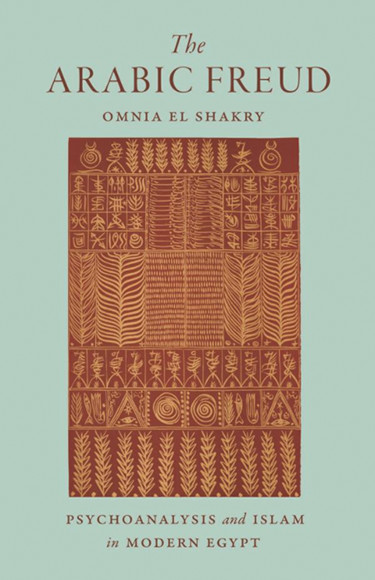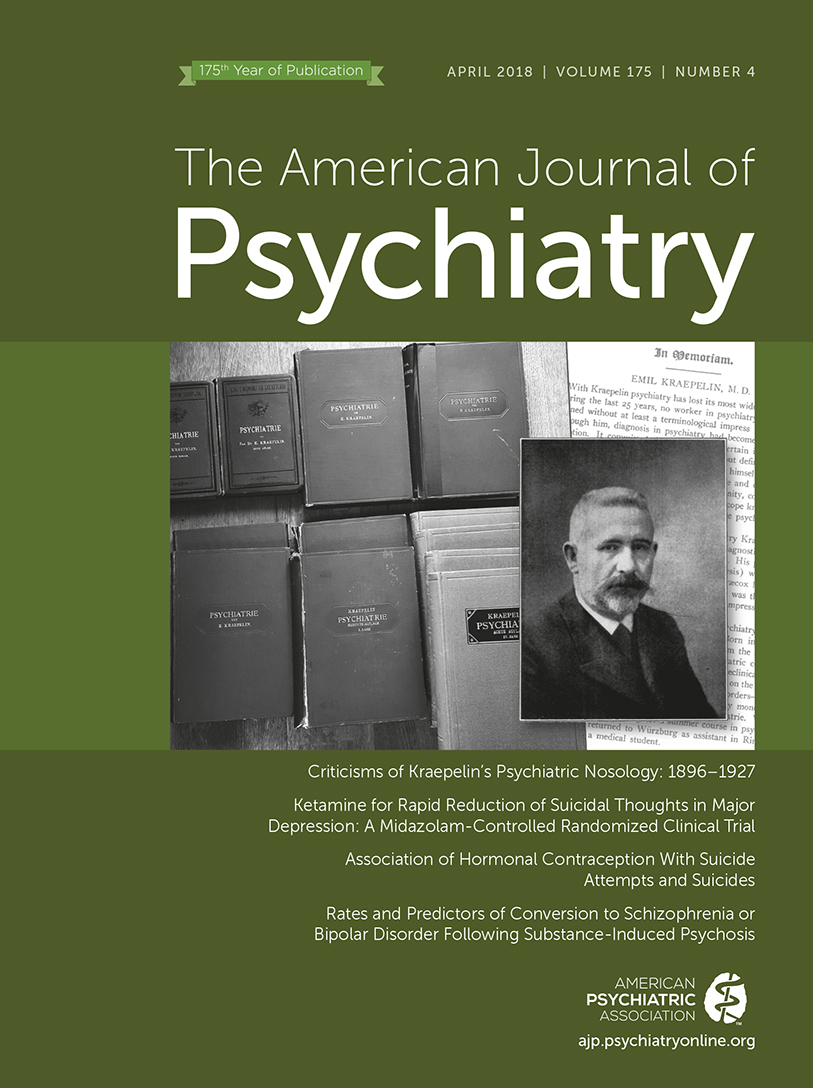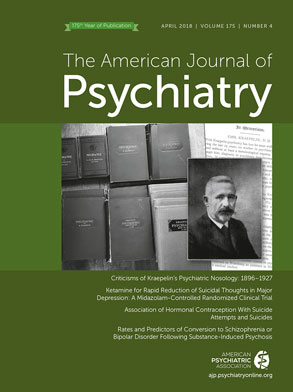At a time in history when the Middle East is plagued by sectarian strife and religious fundamentalist ideologies, Omnia El Shakry’s The Arabic Freud: Psychoanalysis and Islam in Modern Egypt brings nostalgia for the comparatively tranquil past when psychoanalysis made its inroads into the Middle East, specifically into Egypt, in the 1930s and 1940s. In that period, Egypt was considered the leading Arab nation in many arenas, including the intellectual and scientific arenas. Omnia El Shakry follows the contributions of a number of psychologists and physicians who were instrumental in “importing” the works of Freud and eventually of other psychoanalysts, including Jung, Horney, Ferenczi, and Alexander. A number of Egyptian psychologists, with Yusuf Murad at their helm, had studied in France, where they were influenced by Freud and others such as Bergson, Janet, and the Gestalt psychologists. They started journals, foremost among them the Journal of Psychology (Majallat ’Ilm al-Nafs), and formed organizations such as the Society of Integrative Psychology. Both served as platforms for academic psychology, introducing members and audiences to the major concepts of psychoanalysis and psychology. According to El Shakry, psychology was “understood as a science of selfhood and the soul,” not just the empirical study of mental processes (p. 23).
One of El Shakry’s major points is the effort by the pioneers of Egyptian psychoanalysis to link the emerging psychoanalytic concepts with the works and ideas of major medieval Arabic philosophers and physicians such as Ibn Arabi, Al-Razi (Rhazes), Avicenna, and others. The Egyptians reflected on the similarities between some of the psychoanalytic and Sufi concepts such as the nature of the soul, the self, and consciousness. Murad was instrumental in developing a dictionary providing Arabic equivalents to Western psychological and psychoanalytic terms, often using names coined by medieval Arabic philosophers and physicians, thus linking the old and the new conceptualizations of the self. El Shakry applies Lacan’s idea of “quilting” to the Egyptian psychologists following and knitting in threads from the Arabic philosophers and modern Western psychologists and psychoanalysts.
The Arabic Freud is divided into four main chapters and an epilogue. Chapter 1 explores the work of Murad and his elaboration of a psychological theory of the subject as an integrative agent, borrowing concepts from psychoanalysis and other Western thought. Chapter 2, “The Self and the Soul,” delves into the relationship between psychoanalysis and the Islamic tradition, particularly Sufism. Chapter 3 focuses on the “invention of the psychosexual subject in postwar Egypt,” exploring “emerging languages of desire and ethics and their relationship to gender and sexuality,” one element of which was the ethical cultivation of the child (p. 17). Chapter 4, “Psychoanalysis before the Law,” focuses on the debate about the social role of the criminal and the causal nature of crime. Murad and others debated whether the Oedipus complex by itself explains the cause of crime or whether this approach was reductive, better supplanted by looking at a complex of biological, social, and even political factors.
This is a fascinating book for those interested in the Arab world and its history spanning the postwar periods from the colonial to the postcolonial. It is a work of vast erudition and solid scholarship, integrating ideas and concepts from medieval to postmodern writers and thinkers. The focus is conceptual and epistemological rather than clinical. The clinician may want more clinical examples of patients, disorders, and therapeutic interventions. The few given makes one hunger for more. Nonetheless, this is an extraordinarily stimulating book that leaves the reader wanting to further explore the work of the multitudes of psychologists and psychiatrists, both modern and historical, touched upon in El Shakry’s scholarly work.


